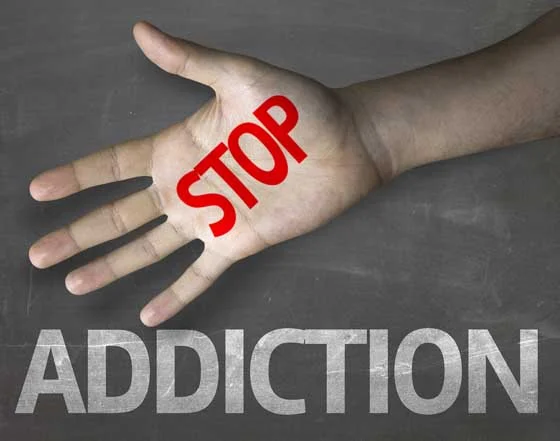
Ice Addiction

Ice Addiction
Ice addiction is the dependence on ice / meth. It can be physical, psychological, or both. People who are physically dependent on Ice develop tolerance to the drug.
What is ICE?
Ice is a methamphetamine, part of the amphetamine family of drugs which includes speed.
Ice is the most pure form of amphetamine. The ‘high’ experienced from Ice is extremely intense.
This means the mind and body’s reactions to the drug are equally as intense. The potential for addiction, physical and mental problems is very high.
Ice is known by a variety of other names, including: crystal meth, meth, crystal, shabu, batu, d-meth, tina and glass.
Base is also known as: speed Dexedrine, Dexies, Dex, Shad, Go-ee, Glass, Tina, Paste, Oxblood, Shabu, Yabba and Crank. You can check out our guide on Ice vs Crystal Meth for a more detailed view.
The Effects Of Ice Addiction
Ice produces an very intense feeling of euphoria and arousal. The user will feel more awake and their appetite will be suppressed.
When the drug takes effect, the receptors in the brain are flooded with monoamines. Over time, these receptors can be destroyed and prolonged Ice use can cause the user to no longer feel pleasure without taking the drug. Check out our full guide for more information on Ice Addiction Symptoms, Effects, and Causes.
Short-Term Problems:
- Increased heart rate
- High blood pressure
- Irregular body temperature
- Increased breathing rate
- Irregular body temperature
- Heart problems
Long-Term Problems:
- Aged appearance
- Damaged teeth
- Lesions on skin
- Risk of stroke
- Decreased lung function
- Poor cognitive function – memory and decision making issues
- Exposure to blood-borne viruses
According to The Australian Department of Health
Studies have shown the use of Ice (and base) is associated with brain and mental health conditions, including ruptured blood vessels in the brain, memory-loss indecision, depression and psychosis. These drugs can cause paranoia and hallucinations and the user may also become aggressive and violent – possibly requiring sedation and physical restraint or police intervention.
Using ice or base can also lead to social and financial problems and the risk of family breakdown and losing friends. Dependence on ice and base can be physical, psychological, or both.
People who are physically dependent on Ice develop tolerance to the drug. This makes it necessary to take more of the drug to get the same effect. They can also find that their body has become used to functioning with the drug present. As a result the user needs to increase their dosage as they develop tolerance and require Ice in their system to feel ‘normal’.
People who are psychologically dependent on Ice or base find that using these drugs becomes far more important than other activities in their lives. They crave these drugs and find it very difficult to stop using it.
If a person who is dependent on Ice suddenly stops taking it, they will experience withdrawal symptoms, because their body has to readjust to functioning without the drug. People may experience withdrawal symptoms for a couple of weeks.
Withdrawal symptoms include:
- Cravings
- Disorientation and poor concentration
- Decreased energy, apathy and the limited ability to experience pleasure
- Irritability
- Depression, anxiety and panic
- Paranoia
- General aches and pains
- Extreme fatigue and exhaustion
- Headaches
- Hunger and increased appetite
- Disturbed and restless sleep, often interrupted by nightmares
Looking for a Treatment Centre?
When selecting a treatment centre for someone who has become addicted to Ice or any methamphetamine, it is important that you make certain that the facility is suitably qualified and has specific experience with ice addiction treatment. Contact Sivana Bali for substance abuse help today.
Confidential Enquiry
Get In Touch
Australia Toll Free: 1800 650 010
Bali: +62 8123 9909 771
Whatsapp: +62 8123 9909 771
Kerobokan Kelod, Kuta Utara, Badung, Bali, Indonesia – 80361


